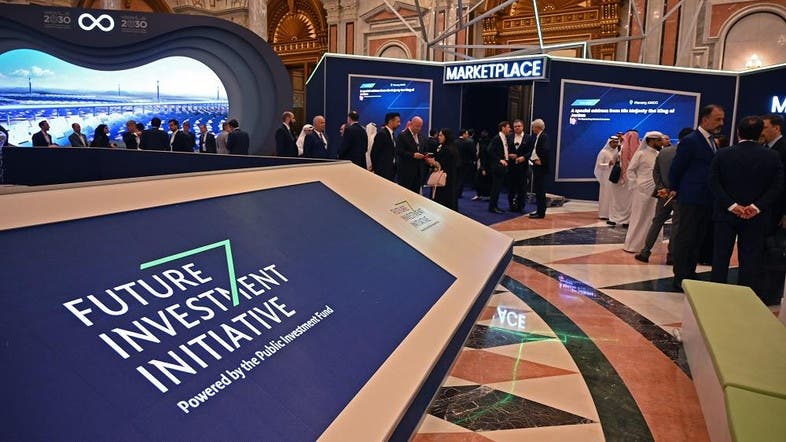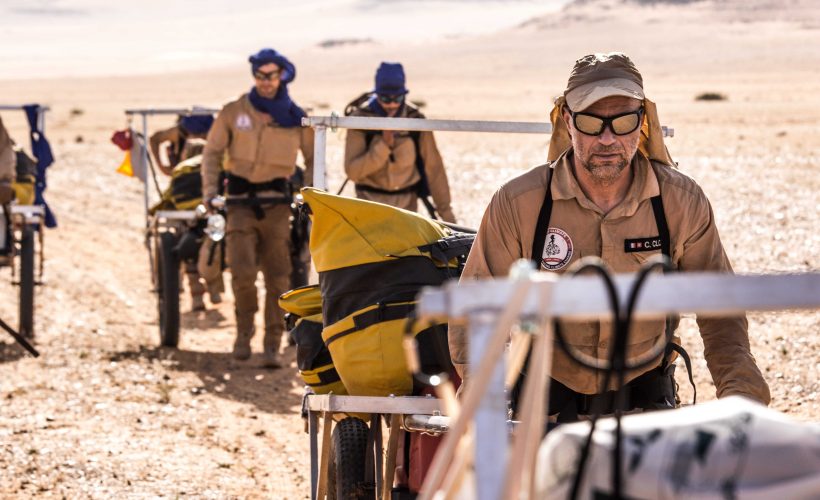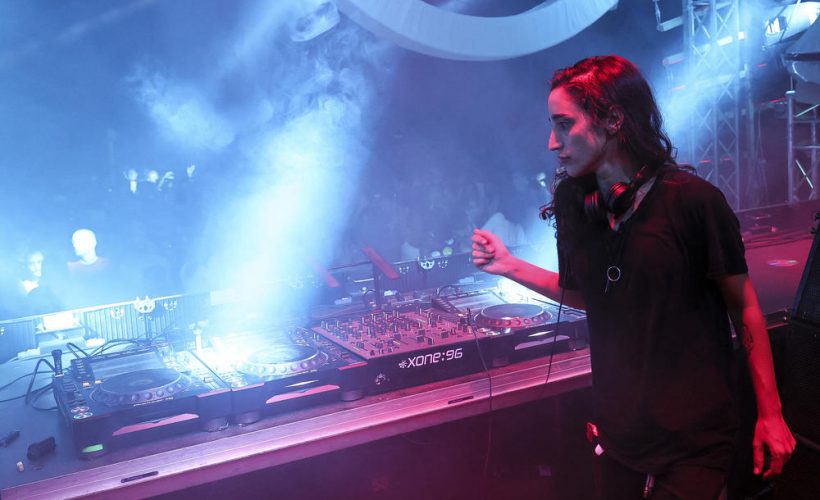Tech & Business
10.31.2019
Future Investment Initiative: which impact ?

Let us be clear: one does not come to the Future Investment Initiative just to talk. With agreements worth $15 billion on the first day alone, the forum is increasingly establishing itself as a key event in the global economy and continues to attract investors from around the world.
The first day of the IFI ended with speeches by influential figures such as Indian Prime Minister Narendra Modi, President Trump Jared Kushner’s advisor, or King Abdullah II of Jordan. But if speeches and round tables are at the center of all attention in Riyadh, they are not the epicenter of the forum’s challenges, because this place, undeniably, goes back to the economic agreements made in the various salons of the prestigious Ritz Carlton.
Day 1: $15 billion
As a guarantee of the forum’s engaging economic climate, 23 agreements were signed on the opening day, for a total investment amount of $15 billion, with cash coming from domestic and foreign investors. Of course, attracting these investors is one of the FII’s objectives, as claimed by the Saudi Arabian General Investment Authority (SAGIA).
Saudi Aramco, the crown jewel
Most of the agreements concern the oil company, which is the subject of all discussions as it approaches its initial public offering. Between the creation of the Jazan Power Joint Venture, in which the “most profitable company in the world” would hold 20%, the seven MoUs (for memorandum of understanding) signed with the Tubacex group, to invest in welded coating manufacturing facilities and pipe coating services in the United Kingdom, or the one signed with Baker Hughes for a $230 million collaboration on artificial intelligence and digital transformation, the least we can say is that Saudi Aramco representatives have been busy. Also signed was a $200 million agreement with Dassault Systems to collaborate in the areas of data analysis, project management, and smart cities, or the creation of another joint venture with APQ, valued at $600 million. Not bad for a first day…
A showcase of Saudi Arabia
On this last day of the fair, speakers, starting with national officials such as Saudi Finance Minister Mohammed Al-Jadaan, or Trade and Investment Minister Majid Al-Qassabi, also highlighted the development and cooperation efforts of the Gulf countries. “I think Saudi Arabia has undergone significant reform designed to meet the local and international challenges we face in our economy,” said Al-Jadaan, “we are facing significant structural reform that has taken place over the past two years and has allowed us to move up in international indices. Considering the attention paid to the show and its international scope, the kingdom has every interest in showing the progress made. In addition, as Majid Al-Qassabi has pointed out, the Middle East, given its strategic geographical location, can and should assume a role as a “global connector between regions”.
popular

